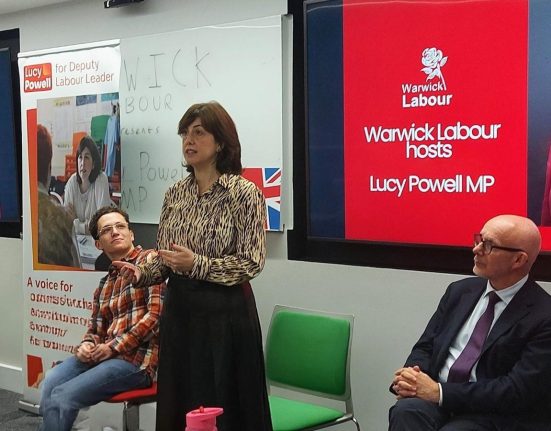The real labour market crisis hits those without skills
The story of struggling graduates has dominated headlines this year – tales of young people with fresh degrees but no job offers. Yet this version of events misses the bigger picture. The slowdown in hiring is hitting all new entrants to the labour market, not just those with university credentials.
But the story doesn’t quite add up. Scratch the surface, and the supposed graduate catastrophe looks more like a data mirage – a product of faulty comparisons and lazy assumptions. The real losers in today’s labour market are not the credentialed few but the underqualified many.
Flawed numbers, false conclusions
The argument that graduates are suffering uniquely depends on comparing apples with oranges. Most analyses focus narrowly on people in their early to mid-twenties. That skews the picture. A 23-year-old university graduate entering the job market for the first time in 2025 faces a very different reality from a 23-year-old who left school at 18 and has already spent several years in steady work.
The right comparison is not between graduates and non-graduates of the same age, but between those entering the labour force for the first time – regardless of education. When economists make that adjustment, the picture flips.
In the US, unemployment among recent graduates has risen by about 1.3 percentage points since 2022. But among new labour market entrants without degrees, joblessness is up 2.4 points – almost double. In western Europe, too, non-graduate youth have fared worse, with unemployment rising by 2.4 points compared with 1.4 for new graduates.
The danger of the wrong story
This matters because bad analysis leads to bad policy. If we treat the problem as one of graduate underemployment, we risk ignoring those in genuine peril: young people without qualifications, the ones most likely to fall into long-term unemployment.
It also distorts how we explain what’s happening. Blaming generative AI for eating entry-level white-collar jobs is seductive – it fits a neat, futuristic narrative. But it’s not borne out by the evidence. The slowdown is broader, driven by weaker hiring across the economy, tighter fiscal policy, higher borrowing costs and fading post-pandemic demand. The economic chill hitting graduates is the same one freezing out everyone else – only harsher for those without skills or experience.
The real crisis is human capital
The danger is that we spend another economic cycle wringing our hands over the career prospects of disillusioned graduates while ignoring the structural decay in blue-collar and service-sector employment. The data is telling us something more profound: this is not a crisis of too many degrees, but of too few opportunities for those without them.
If governments want to stop a generation from falling through the cracks, they need to look beyond the headlines about “AI anxiety” and graduate gloom. The real challenge is not how to protect those with the most education, but how to equip those with the least for a labour market that is becoming less forgiving by the day.







